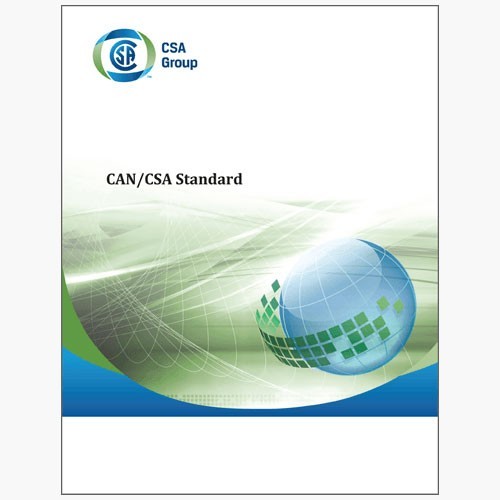TOLL FREE · 1-888-361-0003 Our Customer Support is ready to help!

Formats Available:
Online,
Print
Product Overview
CAN/CSA-ISO/IEC/IEEE 29119-5:18
CSA Group Software and systems engineering — Software testing — Part 5: Keyword-Driven Testing (Adopted ISO/IEC/IEEE 29119-5:2016, first edition, 2016-11-15)
Total
As low as
$209.00
More About This Product
Description
Standards development within the Information Technology sector is harmonized with international standards development. Through the CSA Technical Committee on Information Technology (TCIT), Canadians serve as the SCC Mirror Committee (SMC) on ISO/IEC Joint Technical Committee 1 on Information Technology (ISO/IEC JTC1) for the Standards Council of Canada (SCC), the ISO member body for Canada and sponsor of the Canadian National Committee of the IEC. Also, as a member of the International Telecommunication Union (ITU), Canada participates in the International Telegraph and Telephone Consultative Committee (ITU-T). Scope This part of ISO/IEC/IEEE 29119 defines an efficient and consistent solution for Keyword-Driven Testing by: giving an introduction to Keyword-Driven Testing; providing a reference approach to implement Keyword-Driven Testing; defining requirements on frameworks for Keyword-Driven Testing to enable testers to share their work items, such as test cases, test data, keywords, or complete test specifications; defining requirements for tools that support Keyword-Driven Testing. These requirements could apply to any tool that supports the Keyword-Driven approach (e.g., test automation, test design and test management tools); defining interfaces and a common data exchange format to ensure that tools from different vendors can exchange their data (e.g. test cases, test data and test results); defining levels of hierarchical keywords, and advising use of hierarchical keywords. This includes describing specific types of keywords (e.g. keywords for navigation or for checking a value) and when to use "flat" structured keywords; providing an initial list of example generic technical (low-level) keywords, such as "inputData" or "checkValue". These keywords can be used to specify test cases on a technical level, and may be combined to create business-level keywords as required. NOTE This Standard is applicable to all those who want to create keyword-driven test specifications, create corresponding frameworks, or build test automation based on keywords.
Standards development within the Information Technology sector is harmonized with international standards development. Through the CSA Technical Committee on Information Technology (TCIT), Canadians serve as the SCC Mirror Committee (SMC) on ISO/IEC Joint Technical Committee 1 on Information Technology (ISO/IEC JTC1) for the Standards Council of Canada (SCC), the ISO member body for Canada and sponsor of the Canadian National Committee of the IEC. Also, as a member of the International Telecommunication Union (ITU), Canada participates in the International Telegraph and Telephone Consultative Committee (ITU-T). Scope This part of ISO/IEC/IEEE 29119 defines an efficient and consistent solution for Keyword-Driven Testing by: giving an introduction to Keyword-Driven Testing; providing a reference approach to implement Keyword-Driven Testing; defining requirements on frameworks for Keyword-Driven Testing to enable testers to share their work items, such as test cases, test data, keywords, or complete test specifications; defining requirements for tools that support Keyword-Driven Testing. These requirements could apply to any tool that supports the Keyword-Driven approach (e.g., test automation, test design and test management tools); defining interfaces and a common data exchange format to ensure that tools from different vendors can exchange their data (e.g. test cases, test data and test results); defining levels of hierarchical keywords, and advising use of hierarchical keywords. This includes describing specific types of keywords (e.g. keywords for navigation or for checking a value) and when to use "flat" structured keywords; providing an initial list of example generic technical (low-level) keywords, such as "inputData" or "checkValue". These keywords can be used to specify test cases on a technical level, and may be combined to create business-level keywords as required. NOTE This Standard is applicable to all those who want to create keyword-driven test specifications, create corresponding frameworks, or build test automation based on keywords.
